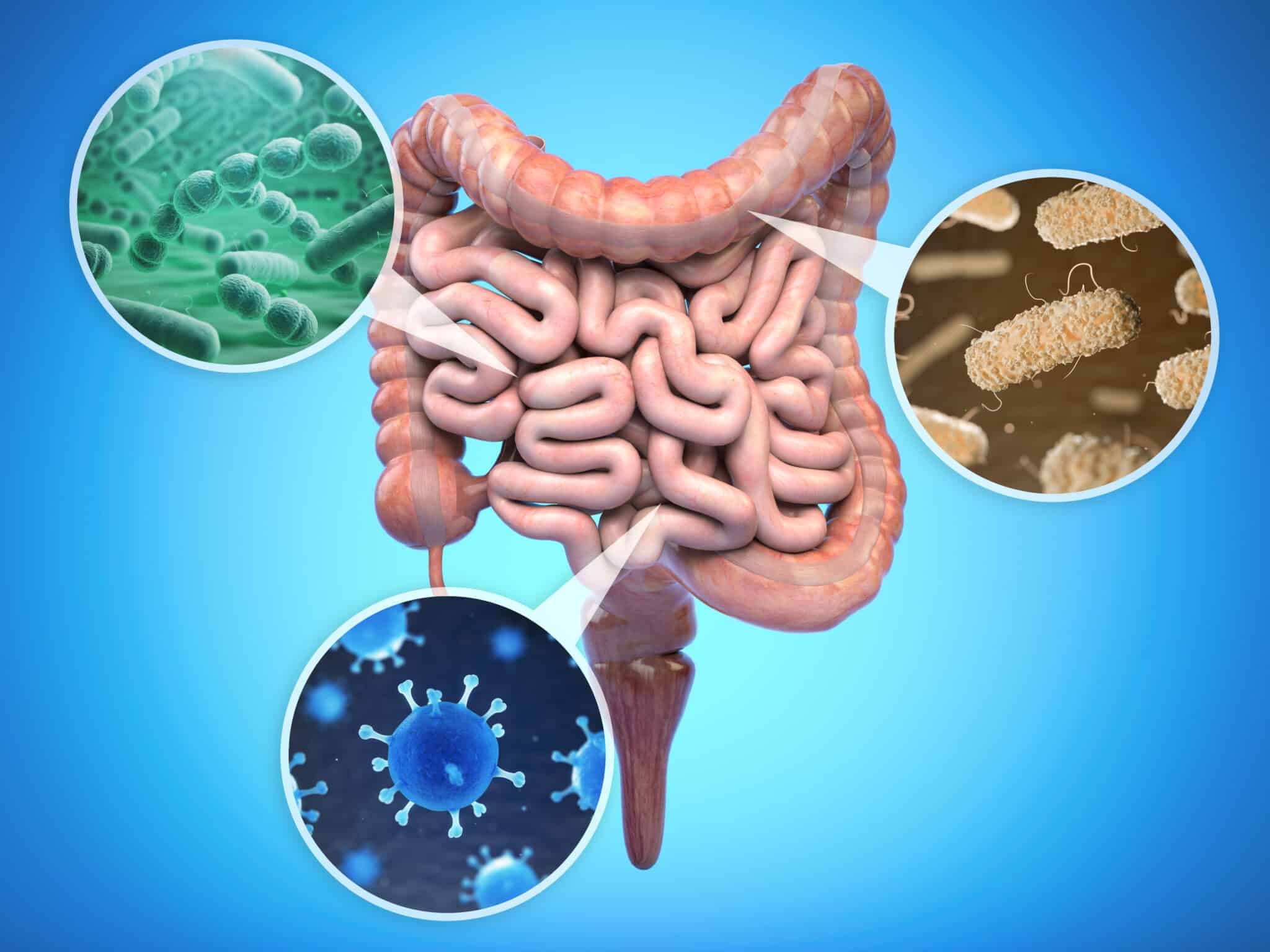
Do Probiotics Help With Digestion?
Gas and bloating can be embarrassing—but if you’re struggling with routine stomach discomfort, know that you are not alone. Studies show that 1 in 10 Americans suffer from bloating[1], and an estimated 31 percent of women report IBS symptoms[2].
Learn how gut comfort probiotics can help reduce stomach discomfort and help you feel like your best self.
How Probiotics Help Digestion
We each have a gut biome that is affected by our diet, stress levels, exercise and medication usage. The good bacteria in your gut produce many beneficial compounds (including vitamins and postbiotics) that help you maintain a healthy digestive system.
How does this work? Probiotics help your digestive system break down fiber, which increases nutrient intake and produces beneficial short-chain fatty acids and vitamins. These live bacteria help your body digest foods, including some nutrients through to be difficult to metabolise (e.g., lactose). In fact, there are 300-500 bacterial species in the GI tract that specifically aid digestion—and the number of bacteria within the gut alone is approximately 10 times that of all of the cells in the human body![3]
Do Probiotics Help With Common And Everyday Bloating and Gas?
Gas forms in your colon when bacteria ferment carbohydrates that aren’t digested in your small intestine[4], and this excess gas can cause bloating. Studies show that a quality probiotic that is specifically targeted to gut health can aid digestion and offer relief from routine bloating.[5]
Digestion probiotics can also help with symptoms of ordinary stomach discomfort, including routine indigestion[6][7], passing excess gas, and constipation or diarrhea. Systemic reviews have shown that a probiotic targeted to improve gut health can help with discomfort caused by ordinary GI bloating, distension, and frequency/consistency of bowel movements.[8]
Which Probiotics are Best for Digestion?
Because different strains of bacteria do different things, identifying probiotics targeted at GI discomfort is important.
Keep in mind that not all probiotics are created equal. Seek out probiotics that have undergone rigorous clinical research—and know that when it comes to probiotics, more does not necessarily mean better. A sparsely researched strain with a high CFU count will not have the same benefits as a quality probiotic that targets digestive health.
For instance, the strains used in our Floradapt gut comfort probiotic (two strains of Lactobacillus and one strain of Pediococcus) are rigorously selected, screened and tested by double-blind randomized controlled studies in clinical trials. Our patented triple strain strength formulas are specifically designed to support GI balance.
In addition to diet and exercise, high-quality probiotic strains support overall gut health. Still not sure which probiotic is right for you? Head over to our website for guidance on selecting the right gut health probiotic.
[1] https://www.webmd.com/digestive-disorders/features/bloated-bloating
[2] https://www.ncbi.nlm.nih.gov/pmc/articles/PMC6175559/
[3] https://www.ncbi.nlm.nih.gov/pmc/articles/PMC3983973/
[4] https://www.mayoclinic.org/diseases-conditions/gas-and-gas-pains/symptoms-causes/syc-20372709
[5] https://www.webmd.com/digestive-disorders/probiotics-benefits
[6] https://www.mayoclinic.org/diseases-conditions/irritable-bowel-syndrome/symptoms-causes/syc-2036001
[7] https://www.ncbi.nlm.nih.gov/pmc/articles/PMC3424311/
[8] https://pubmed.ncbi.nlm.nih.gov/23981066/


